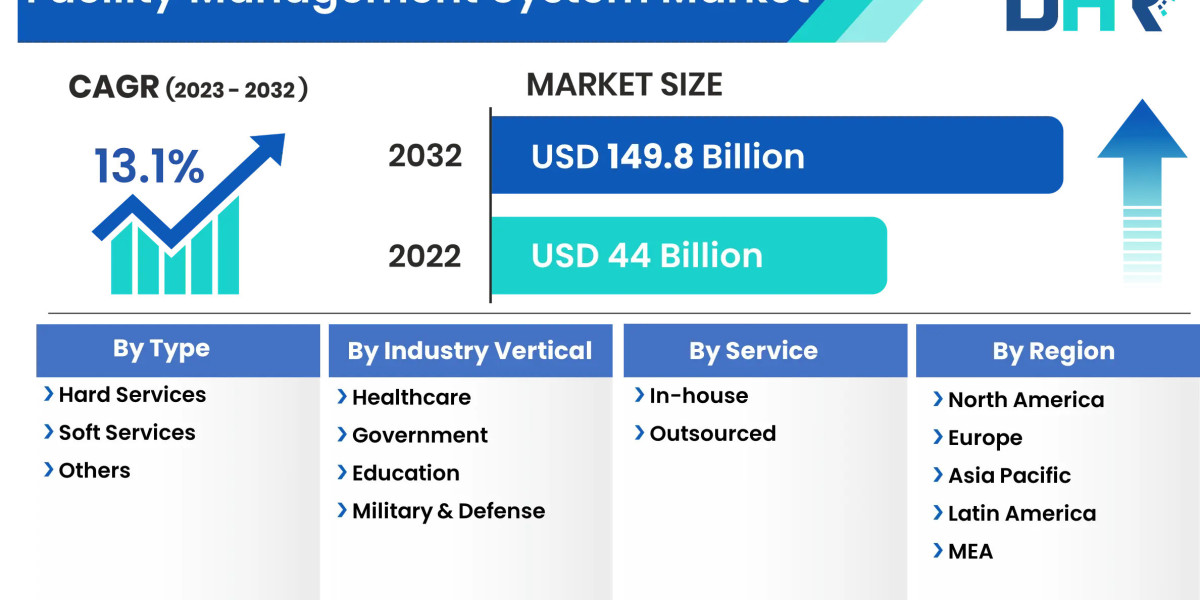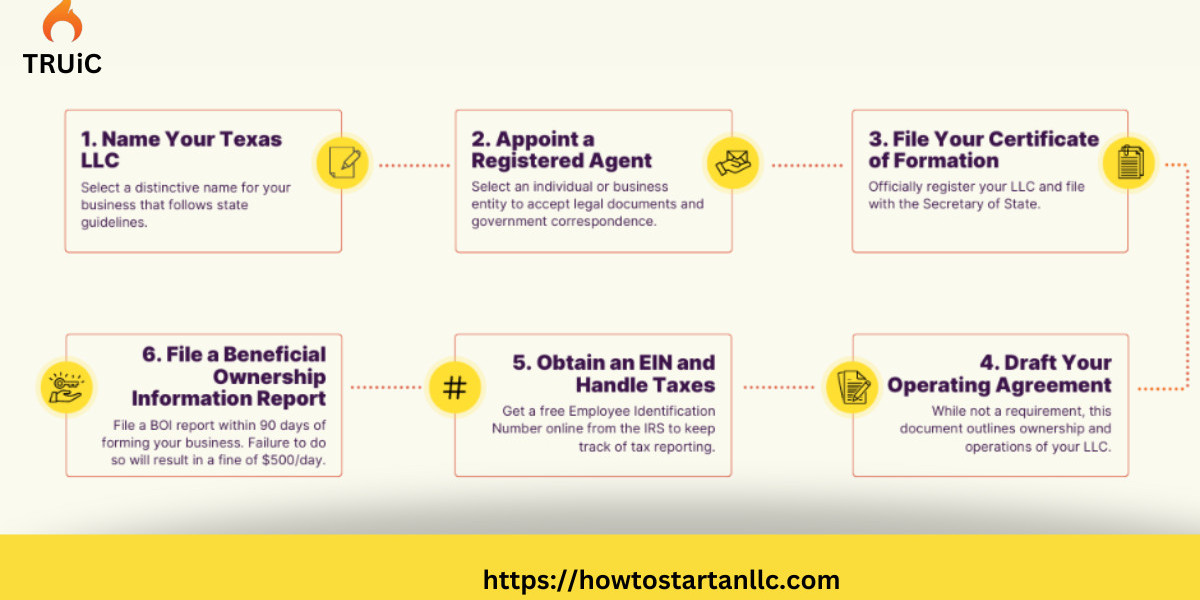Learning German is an exciting and rewarding challenge, especially for international students planning to study in Germany. With the right resources and strategies, mastering the German language can open doors to rich cultural experiences, academic opportunities, and career advancements. In this comprehensive guide, we will explore the best language resources and tips to help international students learn German effectively and confidently.
Why Learning German is Important for International Students
Germany is one of the most popular destinations for international students due to its high-quality education system, vibrant culture, and numerous career opportunities. Learning German can significantly enhance your experience in Germany by:
- Facilitating smoother communication with locals.
- Improving your understanding of lectures and academic materials.
- Increasing your chances of securing internships and job opportunities.
- Enabling you to immerse yourself in the local culture and make lasting connections.
Setting Realistic Goals
Before diving into the language learning process, it's crucial to set realistic and achievable goals. Define your objectives clearly, whether it's reaching a conversational level, passing a language proficiency test, or achieving fluency. Break down your goals into smaller, manageable milestones to track your progress and stay motivated.
Choosing the Right Language Course
Enrolling in a structured language course can provide a solid foundation for learning German. Consider the following options:
1. University Language Programs
Many universities in Germany offer language courses for international students. These programs are tailored to different proficiency levels and often include cultural activities and excursions.
2. Online Language Courses
For flexibility and convenience, online language courses are an excellent choice. Platforms like Duolingo, Babbel, and Rosetta Stone offer interactive lessons that you can complete at your own pace.
3. Intensive Language Schools
Intensive language schools, such as Goethe-Institut and Berlitz, provide immersive learning experiences with intensive schedules designed to accelerate your progress.
Leveraging Language Apps
Language learning apps can be a valuable supplement to formal courses. They offer interactive exercises, vocabulary drills, and gamified learning experiences. Some popular language apps include:
Duolingo
Duolingo offers a fun and engaging way to learn German through bite-sized lessons. Its game-like structure keeps learners motivated and provides instant feedback.
Babbel
Babbel focuses on practical conversation skills and real-life scenarios. The app's speech recognition feature helps improve pronunciation and fluency.
Memrise
Memrise uses spaced repetition and mnemonic techniques to reinforce vocabulary retention. The app also includes video clips of native speakers to enhance listening comprehension.
Utilizing Language Exchange Programs
Language exchange programs connect learners with native German speakers for mutual language practice. These exchanges can take place in person or online and offer an excellent opportunity to practice speaking and listening skills. Platforms like Tandem, HelloTalk, and ConversationExchange are popular choices for finding language exchange partners.
Engaging with German Media
Consuming German media is a fantastic way to immerse yourself in the language and culture. Here are some effective ways to incorporate German media into your learning routine:
Watching German TV Shows and Movies
Streaming platforms like Netflix and Amazon Prime offer a variety of German-language TV shows and movies. Subtitles can help you understand the context while improving your listening skills.
Listening to German Music and Podcasts
Listening to German music and podcasts can enhance your comprehension and pronunciation. Popular German podcasts like "Slow German" and "Easy German" provide content specifically designed for language learners.
Reading German Books and Newspapers
Reading German literature, newspapers, and online articles can improve your vocabulary and comprehension. Start with children's books or simplified novels before progressing to more complex texts.
Practicing Speaking and Writing
Active practice is crucial for language acquisition. Here are some tips to improve your speaking and writing skills:
Speaking
- Join Conversation Clubs: Many universities and community centers host conversation clubs where you can practice speaking with other learners and native speakers.
- Use Language Apps: Apps like HelloTalk and Tandem connect you with native speakers for real-time conversation practice.
- Speak with Friends and Classmates: Form study groups with fellow students to practice speaking German regularly.
Writing
- Start a Journal: Write daily entries in German to practice sentence structure and vocabulary.
- Use Language Exchange Platforms: Exchange written messages with native speakers to receive feedback on your writing.
- Participate in Online Forums: Engage in discussions on forums like Reddit and Language Learning Stack Exchange to practice writing and receive feedback.
Taking Advantage of Language Immersion
Immersing yourself in a German-speaking environment can accelerate your language learning. Here are some immersion strategies:
Study Abroad Programs
Participating in a study abroad program in Germany provides an immersive experience where you can practice German daily and experience the culture firsthand.
Internships and Volunteer Work
Internships and volunteer opportunities in Germany allow you to use German in a professional setting, enhancing your language skills and providing valuable work experience.
Homestays
Living with a German host family can provide a supportive environment for practicing conversational German and learning about local customs and traditions.
Utilizing Language Learning Tools
Various tools can enhance your language learning experience. Here are some essential tools to consider:
Flashcards
Flashcards are a tried-and-true method for memorizing vocabulary and phrases. Apps like Anki and Quizlet offer digital flashcards with spaced repetition to boost retention.
Grammar Guides
Investing in a good grammar guide, such as "Hammer's German Grammar and Usage", can help you understand and apply complex grammar rules effectively.
Dictionary Apps
Dictionary apps like Leo and Dict.cc provide quick and easy access to word meanings, synonyms, and usage examples.
Overcoming Language Learning Challenges
Learning a new language comes with its challenges. Here are some common obstacles and strategies to overcome them:
Lack of Motivation
Set clear goals, reward yourself for progress, and find a study routine that works for you to stay motivated.
Difficulty with Pronunciation
Use speech recognition apps, mimic native speakers, and practice regularly to improve your pronunciation.
Limited Practice Opportunities
Join language exchange programs, conversation clubs, and online communities to find practice partners and opportunities.
Grammar Frustration
Focus on mastering one grammar rule at a time, use grammar guides, and practice with exercises to build confidence.
Tracking Your Progress
Regularly tracking your progress can help you stay motivated and identify areas for improvement. Here are some ways to monitor your advancement:
Language Proficiency Tests
Take standardized tests like TestDaF or Goethe-Zertifikat to assess your proficiency level and set future goals.
Self-Assessment
Keep a language journal to reflect on your progress, challenges, and achievements.
Feedback from Native Speakers
Seek feedback from native speakers through language exchange platforms or conversation clubs to gauge your progress.
Conclusion
Learning German as an international student can be a rewarding journey filled with personal and academic growth. By leveraging the right resources, setting realistic goals, and immersing yourself in the language, you can achieve fluency and make the most of your time in Germany. Remember, consistency and practice are key to mastering any language. Start your German learning journey today and open the door to a world of opportunities!















